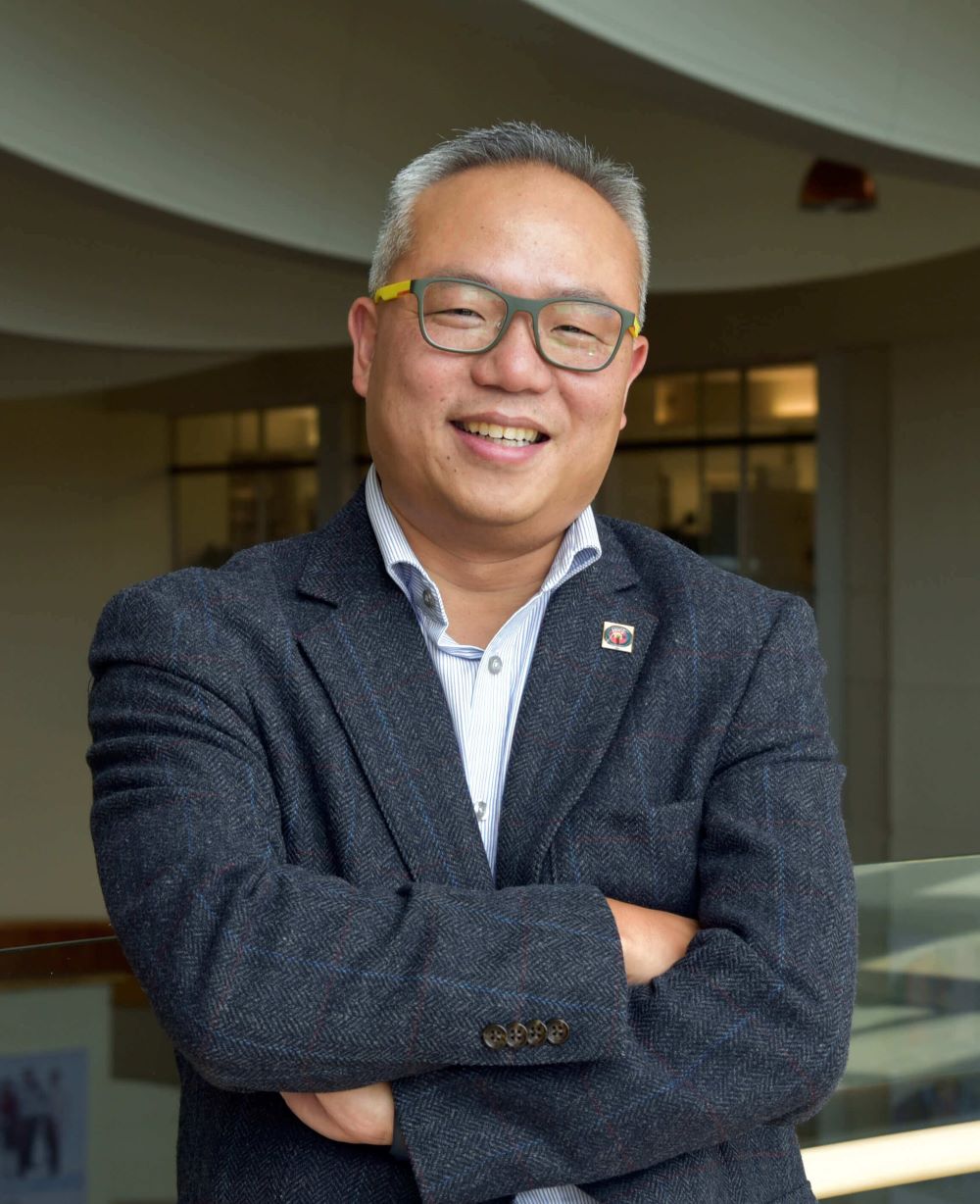Decoding the Mind-Blowingly Complex Logistics of Supplying Experimental Medicines for Clinical Trials

Ever wonder how researchers keep human bias out of clinical trials? Or how the millions of units of experimental medicine that go to patients all over the globe are tracked? It starts even before the medicines are shipped out.
For any major pharmaceutical company that provides potential medicines to hundreds, or even thousands, of clinical trials being conducted all over the globe at any given time, the complications of the task are truly staggering.
Not only do the potential medicines have to be delivered on time, but they’re often refrigerated, and also have to be packaged in a way that ensures that patients get the correct dose at the correct time of day, despite all the distractions of daily life. In the case of placebo-controlled, double-blind studies, the packages are often “blinded” — that is, the placebo and the potential medicine being tested are made to look alike — even before they reach the hospital or clinic where the studies are taking place.
One of the people overseeing this complex task at Pfizer is Michael Ku, Vice President of Global Clinical Supply (GCS), who supervises the delivery of more than 1 million packages a year to over 70 countries for clinical trials and compassionate use cases, also known as “expanded access.”
But it’s not just about the logistics for Ku.
“Clinical trials are what allows us to bring new medicines to patients,” says Ku, whose background includes years working at patients’ bedsides in a hospital as well as a pharmacy doctorate. “As a clinical pharmacist who has previously worked in a hospital setting, I have experienced firsthand the complexity of executing clinical trials from a clinical site perspective, and we are always looking for ways to make the clinical trial experience easier and more efficient for clinical sites and patients.”
And that unique experience has informed innovations to what’s known as the “digital clinical supply chain” that are now being emulated by others in the industry.

"Having what we do on the lab bench translate to a real-world clinic matters to those who actually take care of the patients," says Michael Ku.





